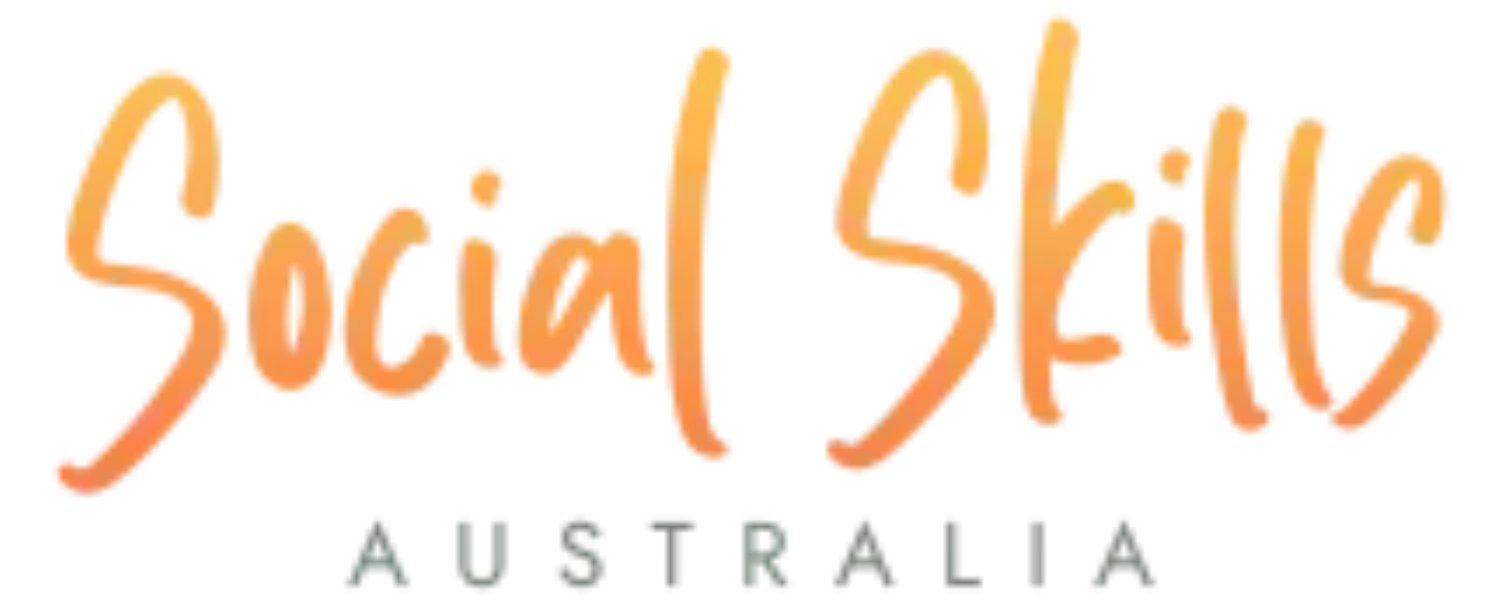Understanding Autism and Social Interaction
Autism spectrum disorder (ASD) brings unique perspectives to social interactions. Rather than seeing these differences as deficits, it's important to recognise and accommodate them.
Neurotypical and Neurodivergent
In the medical world, "neurotypical" describes individuals with typical cognitive and developmental abilities. Conversely, "neurodivergent" refers to those with atypical abilities or behaviors, including autism. There's no right or wrong way to think or behave; diversity is essential.
Social Norms and Cues
Social norms are culturally bound and may vary across cultures. For example, eye contact is vital in some societies but avoided by many autistic individuals. Understanding these differences is crucial.
Communication Challenges
Autistic individuals may face challenges in communication, including misunderstanding social cues, or struggling with small talk. While these skills can certainly be taught, it’s important they’re taught in a way that honours each individual’s personal social styles and preferences.
Relationships and Empathy
The double empathy problem suggests that understanding can be challenging between individuals with different experiences. Empathy is a two-way process, and both autistic and nonautistic individuals may face difficulties in understanding each other.
Being Sensitive to Different Social Skills
Neurotypical individuals can support neurodivergent peers by respecting their communication styles and showing understanding in response to direct communication.
Professional Support
There are varying perspectives on addressing social challenges. Some suggest clinical interventions, while others focus on self-advocacy, self-regulation, and promoting social understanding rather than forcing compliance.
At Social Skills Australia, we understand that life can present unique challenges for teens with autism, anxiety, and social difficulties. We believe that every individual deserves the opportunity to develop essential social skills and cultivate meaningful friendships.
Our PEERS® Program is a research-based, internationally-acclaimed course designed specifically for adolescents and adults on the autism spectrum or those facing social challenges. Learn more about our program here.
ASD affects how individuals navigate the world, including social interactions. Rather than assuming a lack of social skills, it's essential to understand and accommodate social differences and preferences. Safe environments that prioritise self-advocacy are crucial for support.
